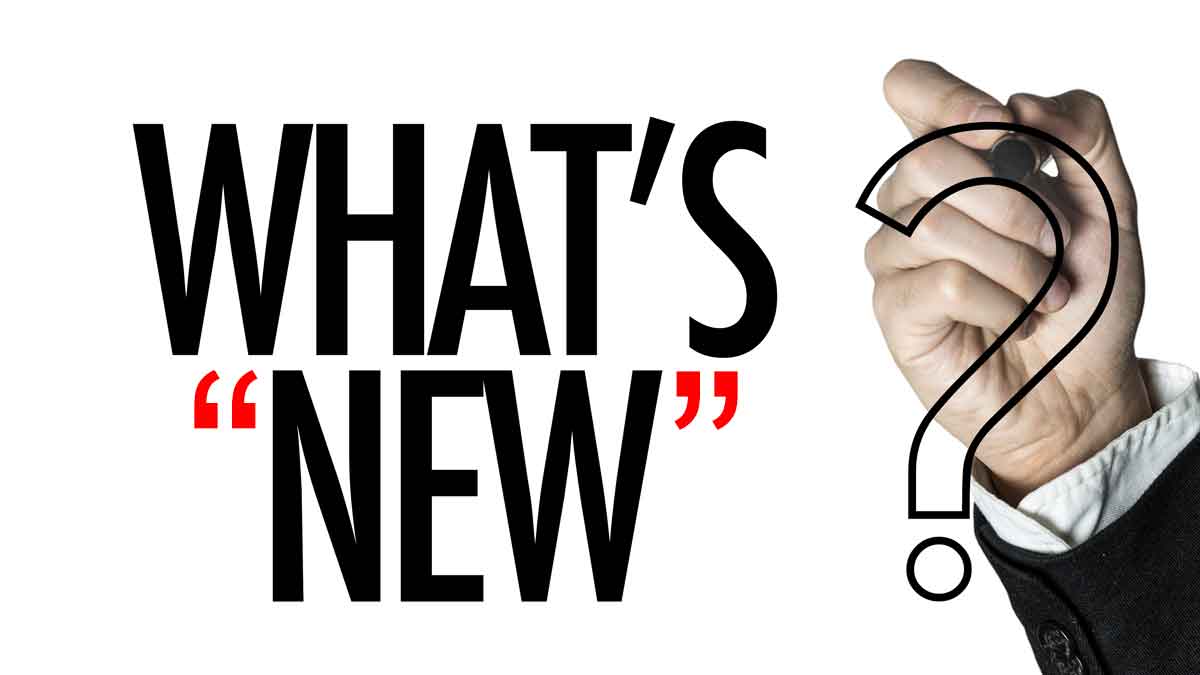If you bring a prototype to a customer, this is “concept testing”… which is different than voice of the customer research. Prototypes are fine later in the process, but for many companies this is their first discussion with customers. B2B concept testing should occur after front-end voice-of-customer interviews. If you start with concept testing, you’ll incur confirmation bias, less-engaged customers, and the false impression you’ve acted in a customer-centric fashion. See 2-minute video, Stop leading with your solutions.
More in article, Don’t Confuse Concept Testing With VoC
These may be the same… or not. If you make welding machines, your customers’ alternatives may be mechanical fasteners or epoxy adhesive. When you have a choice between supplier-centric or customer-centric thinking, always choose the latter. Exploring customers’ alternatives passes this customer-centricity test.
More in article, Benchmarking for B2B Product Innovation
When you say you want to pursue a “new market,” do you mean the market is truly embryonic? Or is this just a new market for you? If so, it’s better to call the latter an “unfamiliar market.” The customers were already there. It’s you—not the market—that’s new. This is just one example of supplier-centric thinking that permeates B2B innovation. Customer-centric thinking will take you much further.
More in white paper, Innovating in Unfamiliar Markets (page 2).
It’s usually a sign the new-product team has a supplier-centric mindset, not a customer-centric one. Validating hypotheses is converging around a supplier solution… which should occur after diverging around customer needs. It’s important to get the sequence right. Look around and study Problem Solving 101: Divergent thinking nearly always precedes convergent thinking.
More in article, Reduce Bias in Voice of the Customer
It would seem obvious that new product development should be focused on those who will pay for these products: customers. It would seem. Yet B2B suppliers routinely pursue their own ideas, concepts and hypotheses, paying too little attention too late to market needs. True customer-centric innovation is a completely different mindset.
More in article, Is Your Innovation Supplier-Centric… or Customer-Centric?





